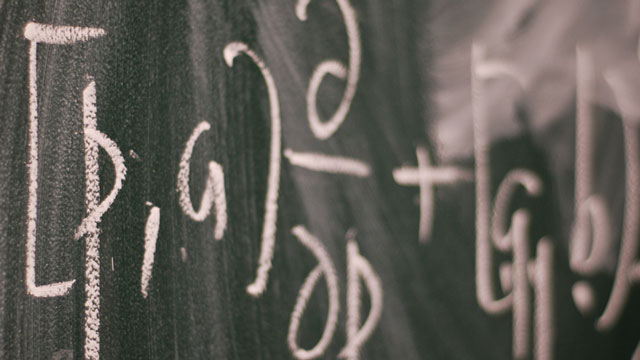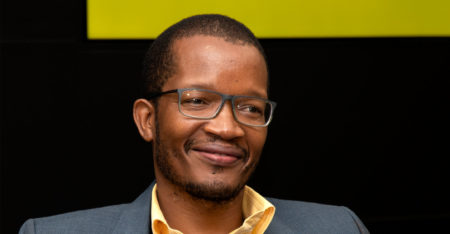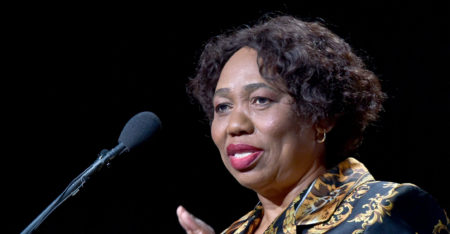
Girls account for fewer than 10% of the participants in the International Mathematics Olympiad taking place in Cape Town next month, the organisers said on Tuesday. All six South African contestants in the event are boys, with five from affluent schools in the Western Cape and one from Durban’s Star College.
Basic education minister Angie Motshekga said the dominance of boys in the competition reflected a worrying tendency in local schools for girls not to pursue top-level mathematics.
Chairman of the Olympiad, Rhodes University vice-chancellor Sizwe Mabizela, said this was a global trend. “Internationally, only 56 girls are taking part on this level. It is a worldwide phenomenon.”
John Webb, emeritus professor of mathematics at the University of Cape Town, which is hosting the olympiad from 7 to 9 June, said that research had shown a link between a mild form of autism and mathematical brilliance.
“Four times as many boys suffer from autism and Asperger’s syndrome as girls,” he said, adding that testosterone might also make more boys more attracted to aggressive problem solving required by mathematics.
Motshekga smiled and said: “My take has been socialisation.”
She said her department was concerned about a general propensity among South African pupils to opt out of higher grade mathematics in favour of mathematics literacy.
But asked about the demographics of the schools that produced the local contestants, she said schools in rural Limpopo and KwaZulu-Natal had debunked the myth that top students necessarily came from affluent areas.
“There are many schools where African and poor kids even perform better than others,” she said, adding it showed that leadership and management were more important in producing education results than money.
The olympiad will see 582 students from 108 countries compete in solving six complex mathematical problems. It is the highest number of nations ever to take part, with 12 coming from Africa.
Mabizela said it is the first time as many African countries are taking part and he hoped the figure would grow.
“It is a tremendous achievement. In the past it was two or three.” — Sapa




